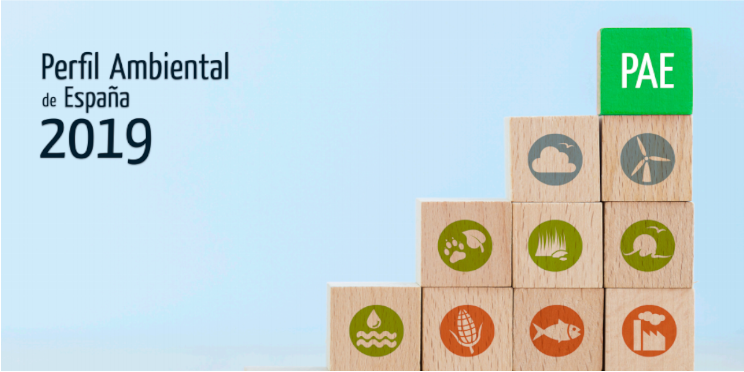
According to the latest Environmental Profile published by the Ministry for Ecological Transition and Demographic Challenge, the future of our environment rests on reversing our development model, directing it towards a circular economy by means of key actions, such as an efficient use of resources and, insofar as possible, greater control and reduction of the waste generated.
By utilising waste as a material for new production processes, this circular model helps prevent the consumption of new resources and also the need to treat them as waste. This also saves on energy use in the production process and on the costs for its extraction or transport. In short, a circular economy represents a much more efficient and sustainable approach than the current, linear model of consumption, based on production, use and disposal.
In addition, the World Health Organisation considers that changing to a circular economy will help attain the Sustainable Development Goals (SDG), especially no 12, “Responsible consumption and production” and no 3, “Good health and well-being”.
But right now, what is the current situation regarding waste production and management in Spain?
In 2018, Spain collected 22.2 million tonnes of urban waste, placing us fifth in the European Union in waste production, only behind Germany, France, United Kingdom and Italy. Taking into account the number of people, our country produces an annual average of 475 kilos per inhabitant vs. the 488 kilos/inhab. and year generated in the European Union as a whole.
As regards urban waste treatment, it is estimated that in Spain 51% of the total waste goes directly to landfill while the European average stands at around 22.5%. However, in organic waste treatment, at 17.7 %, or slightly above the aggregate 17% for the EU as a whole, we exceed the figure for the European Union.
But here at “Getting organic waste right” we cannot settle for that national average of 17.7%, as it is estimated that half of the waste produced in the home is organic in nature. So we are going to work harder in Madrid now that organic waste is collected in every district by placing the maximum waste allowed in the brown bin!
So, even though we have achieved highly positive results in our city, even higher than that figure, we still have some way to go to reach the goals set by Europe for the coming years. In short, we encourage you to continue getting organic waste right and separating it so we can achieve a truly circular economy.
It’s simple if we all do it!
